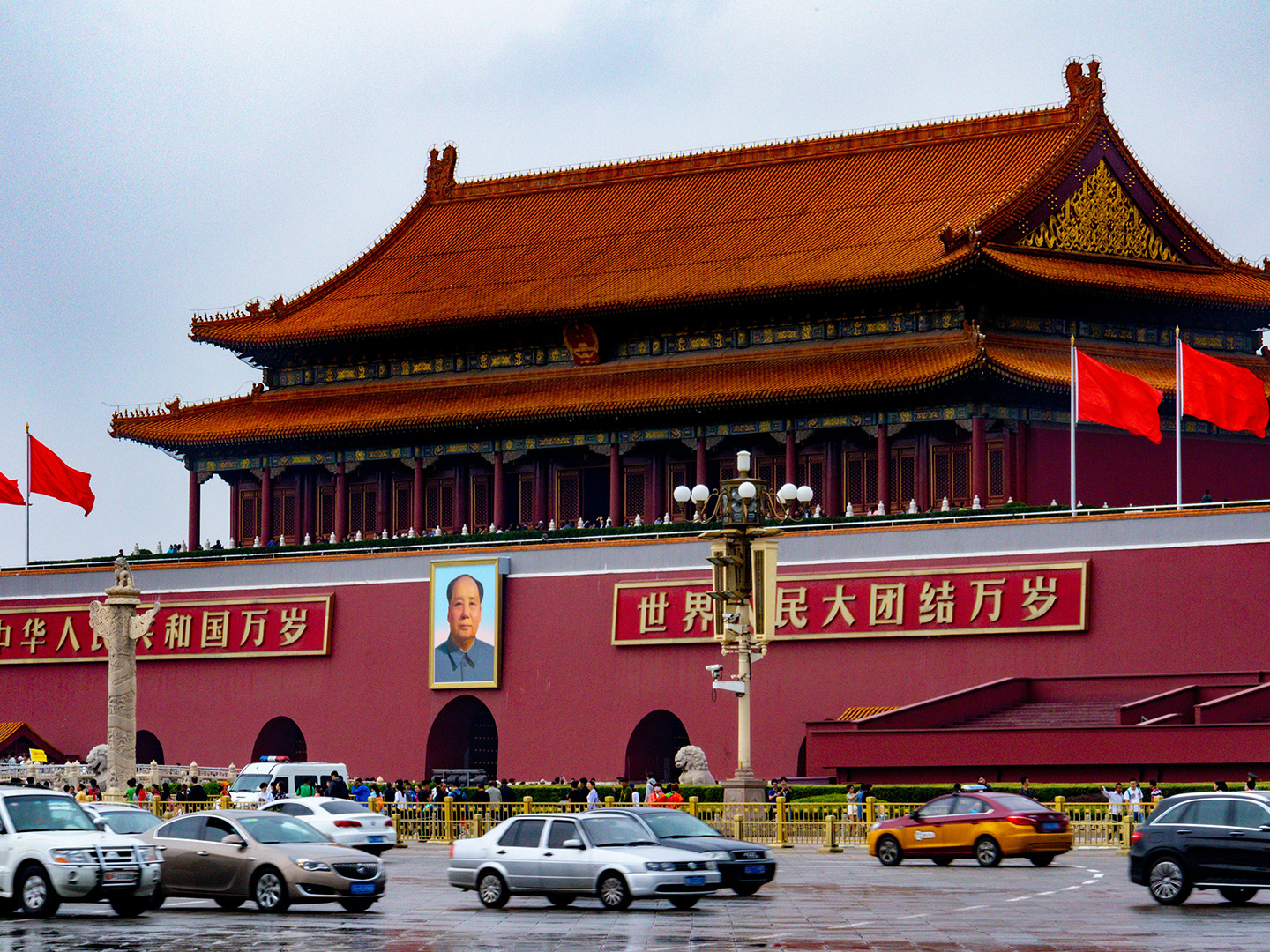Why has China’s party-state system persisted for decades, even as many other Communist regimes around the world have collapsed? What elements of the system have made it so enduring and so resistant to structural change? In his important new book, Institutional Genes: Origins of China's Institutions and Totalitarianism (2025), Xu Chenggang introduces the concept of “institutional genes,” and shows how the core elements of the Soviet system merged with those of the Chinese imperial system, creating a durable totalitarian regime with Chinese characteristics. Xu argues that efforts to change the system must stem from a fuller understanding of its true nature and of the birth and evolution of its core structural elements.
This event was co-sponsored by the Georgetown Center for Asian Law and the Georgetown Initiative for U.S.-China Dialogue on Global Issues.
Featured
Xu Chenggang is a senior research scholar at the Stanford Center on China's Economy and Institutions, a visiting fellow at the Hoover Institution at Stanford University, and a visiting professor in the Department of Finance at the Imperial College London.
Thomas Kellogg (moderator) is executive director of the Georgetown Center for Asian Law and an adjunct professor of law at Georgetown Law.

